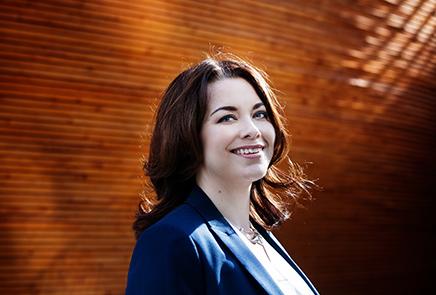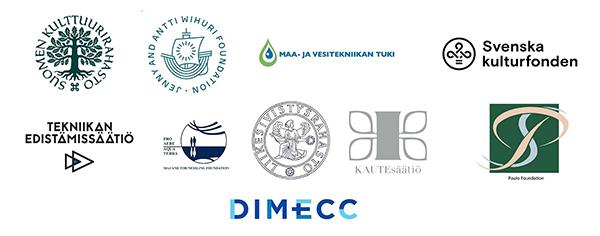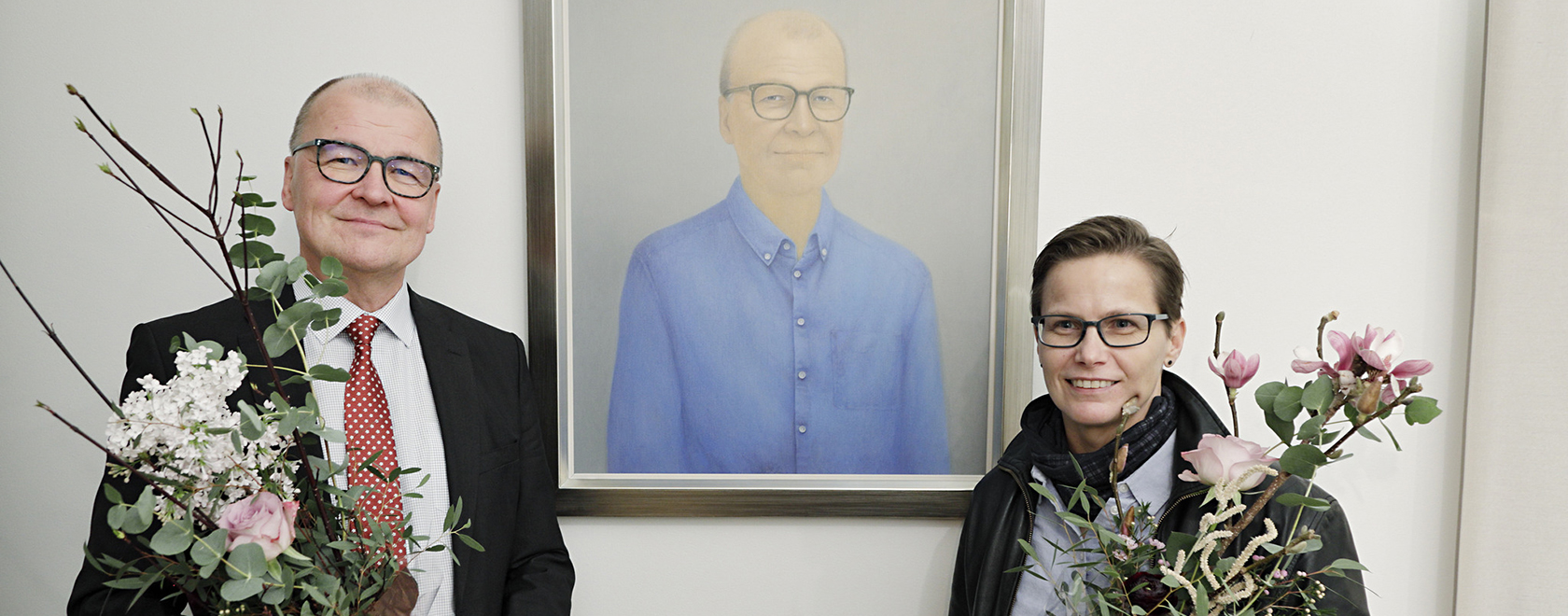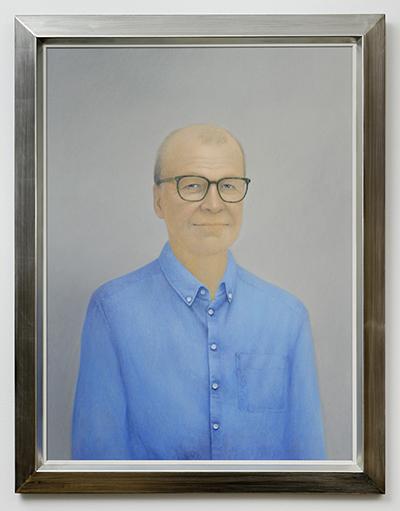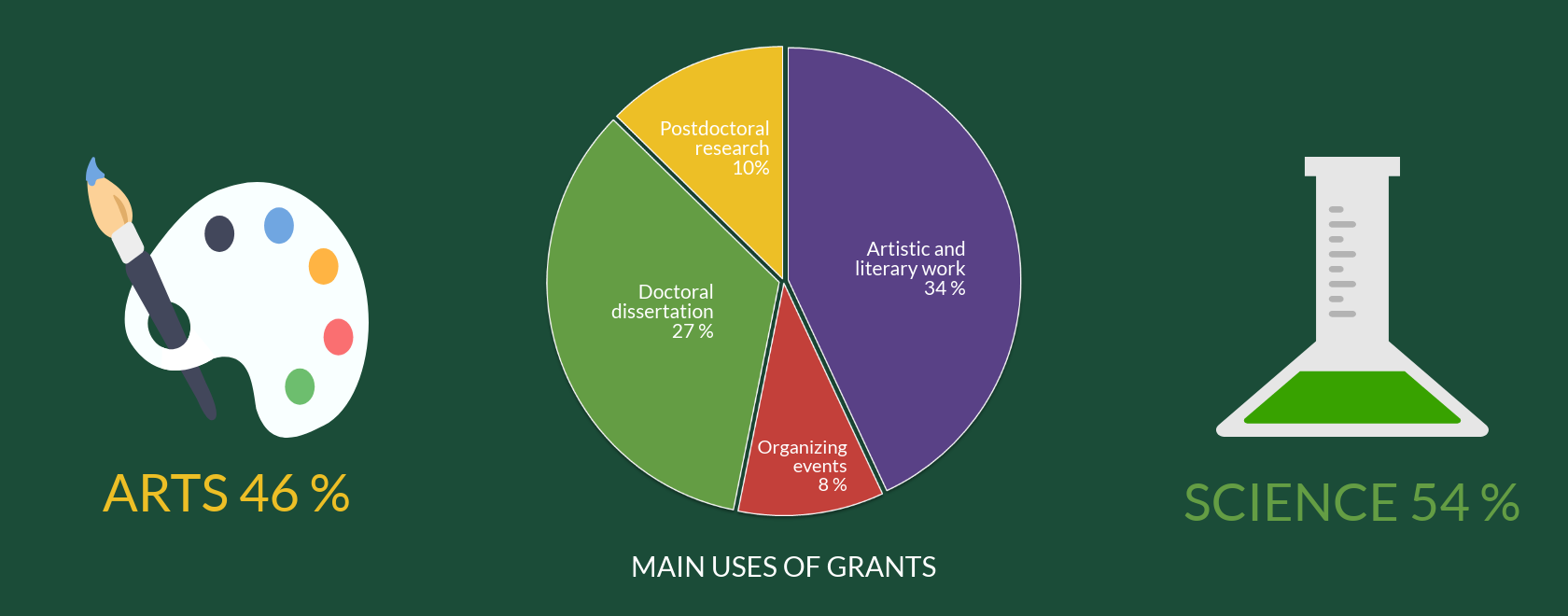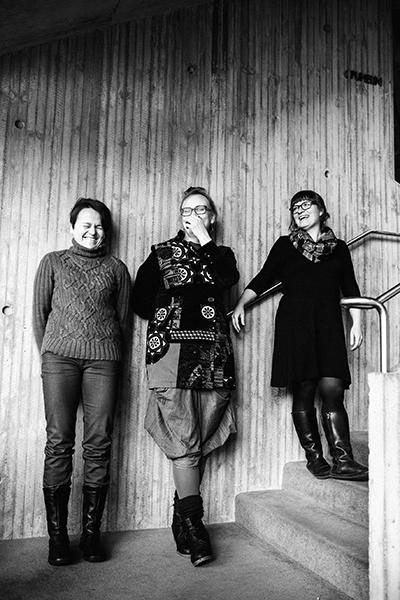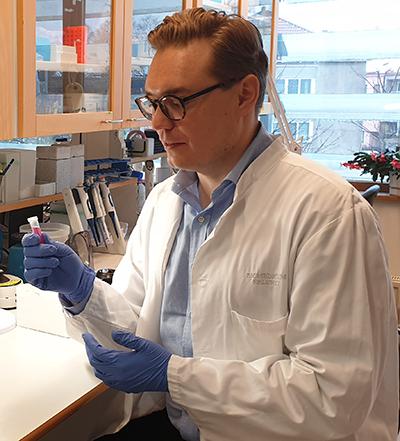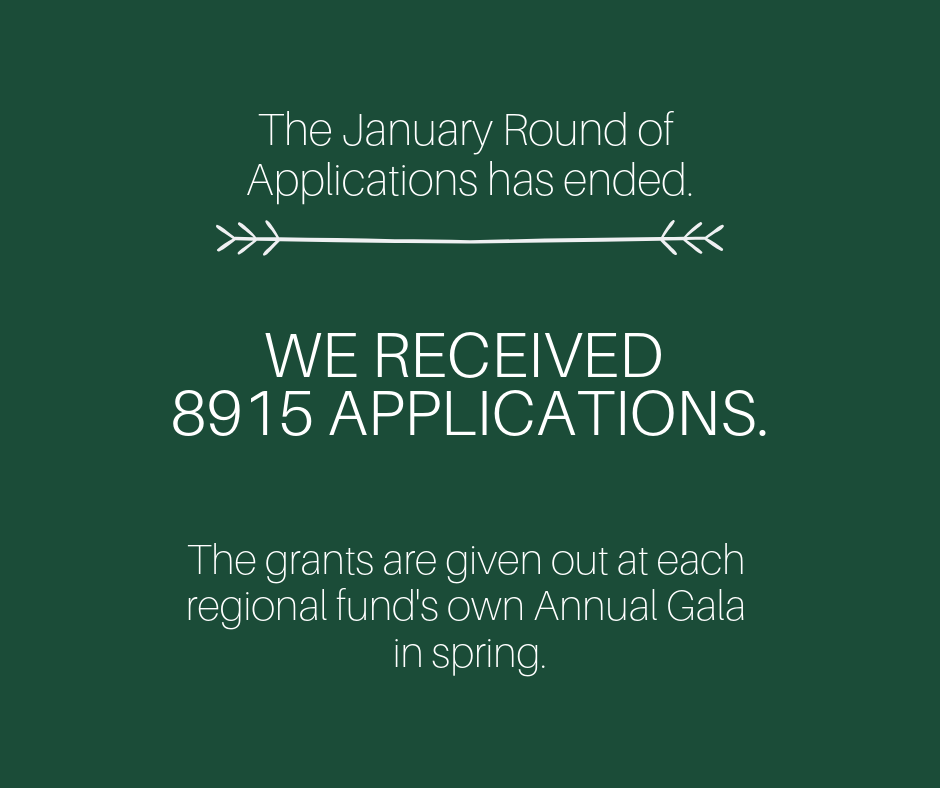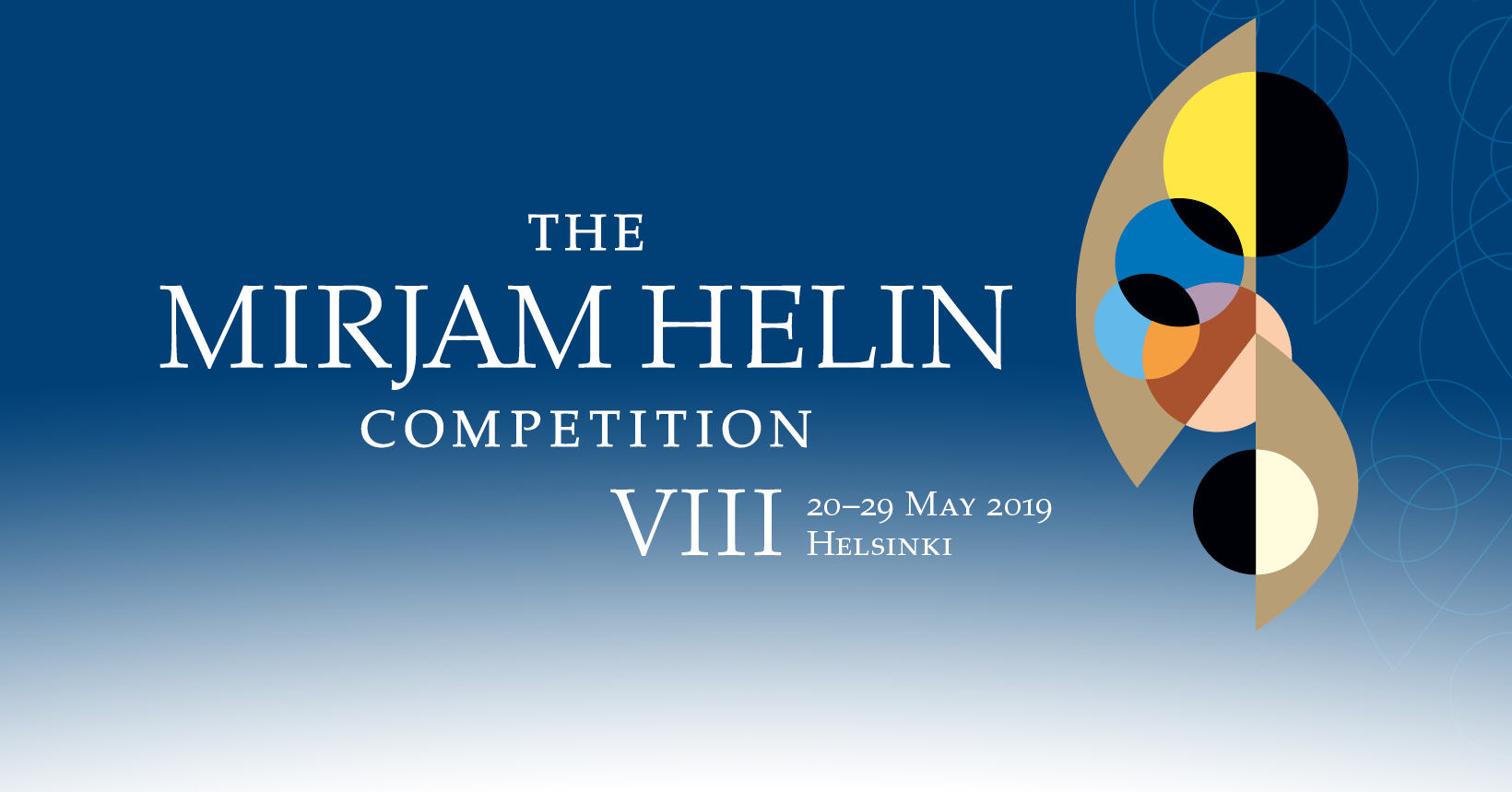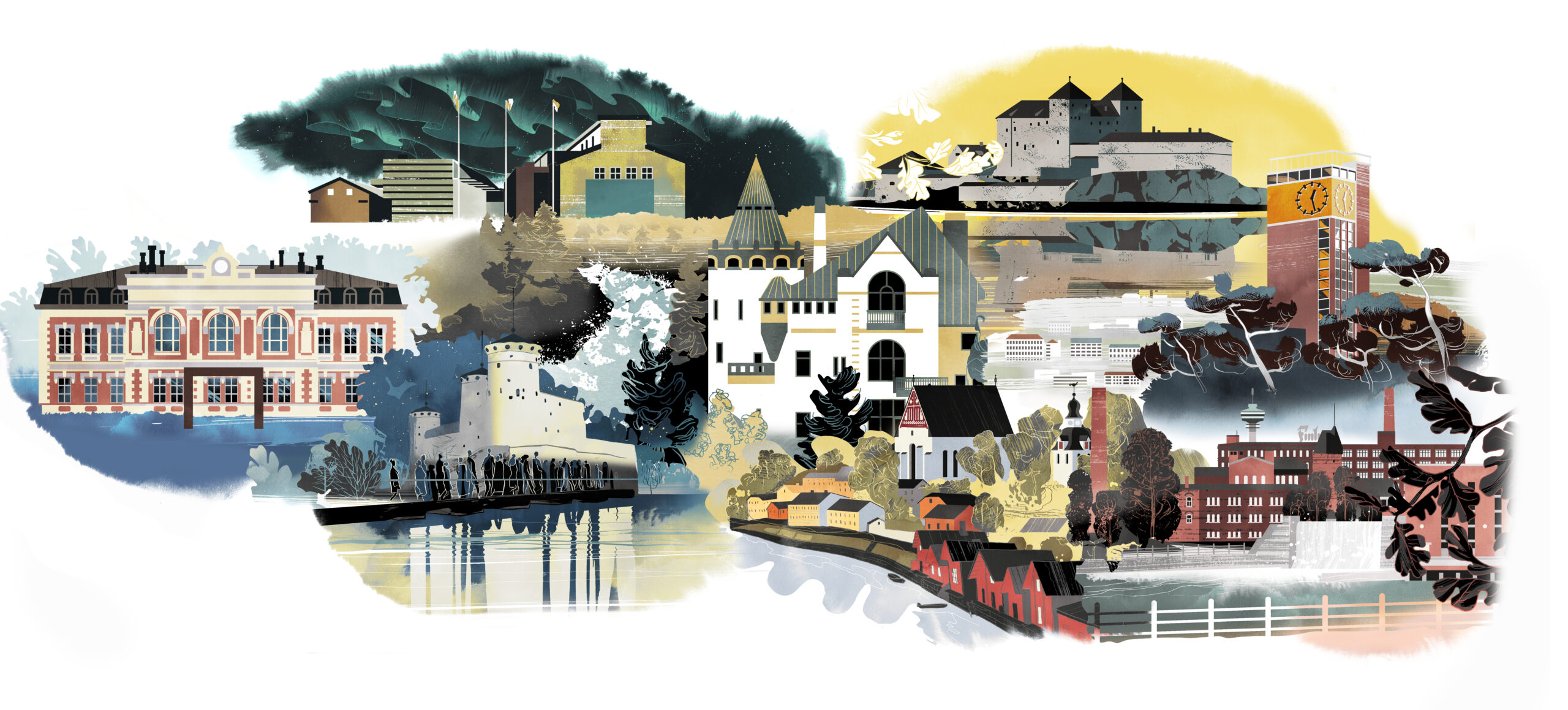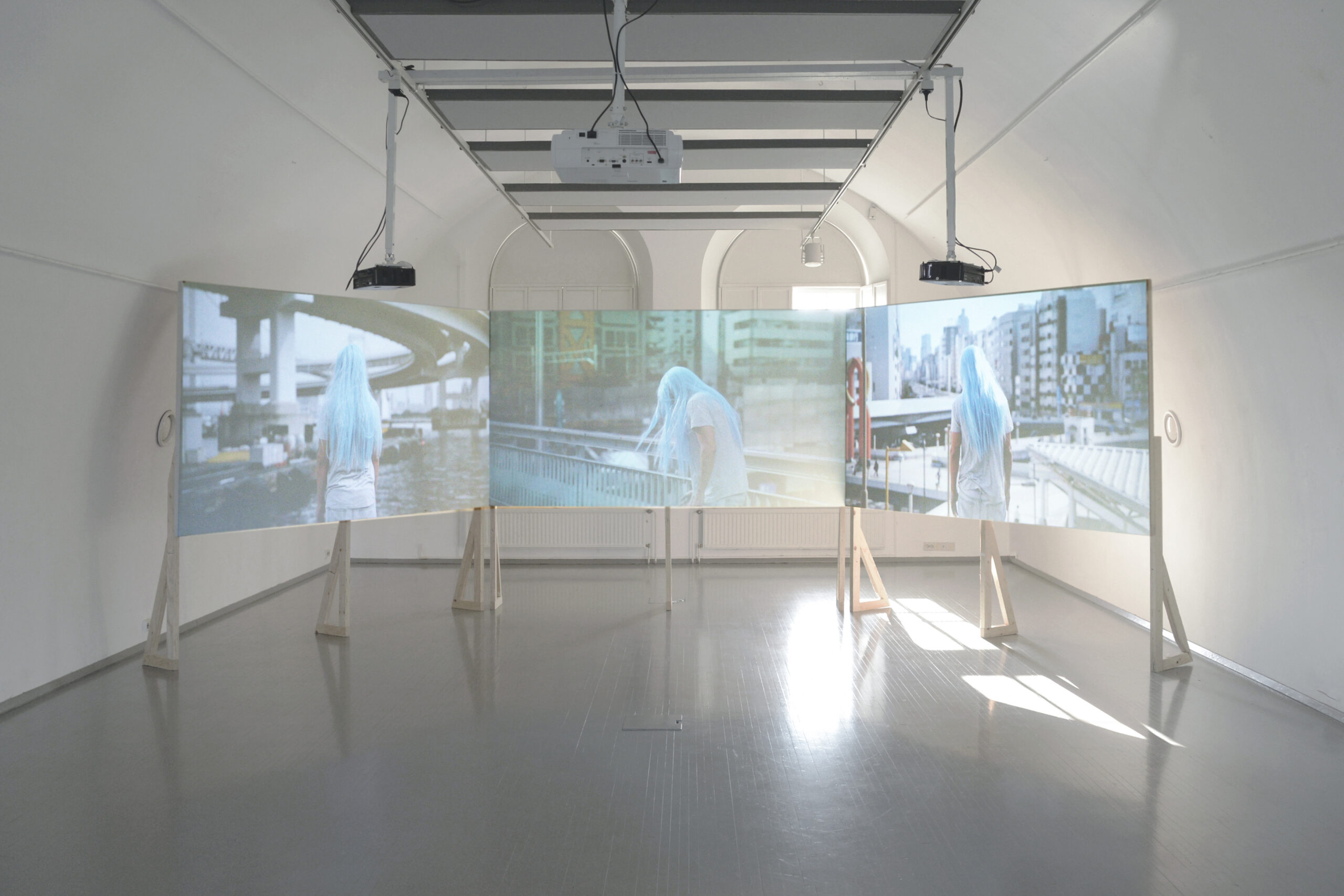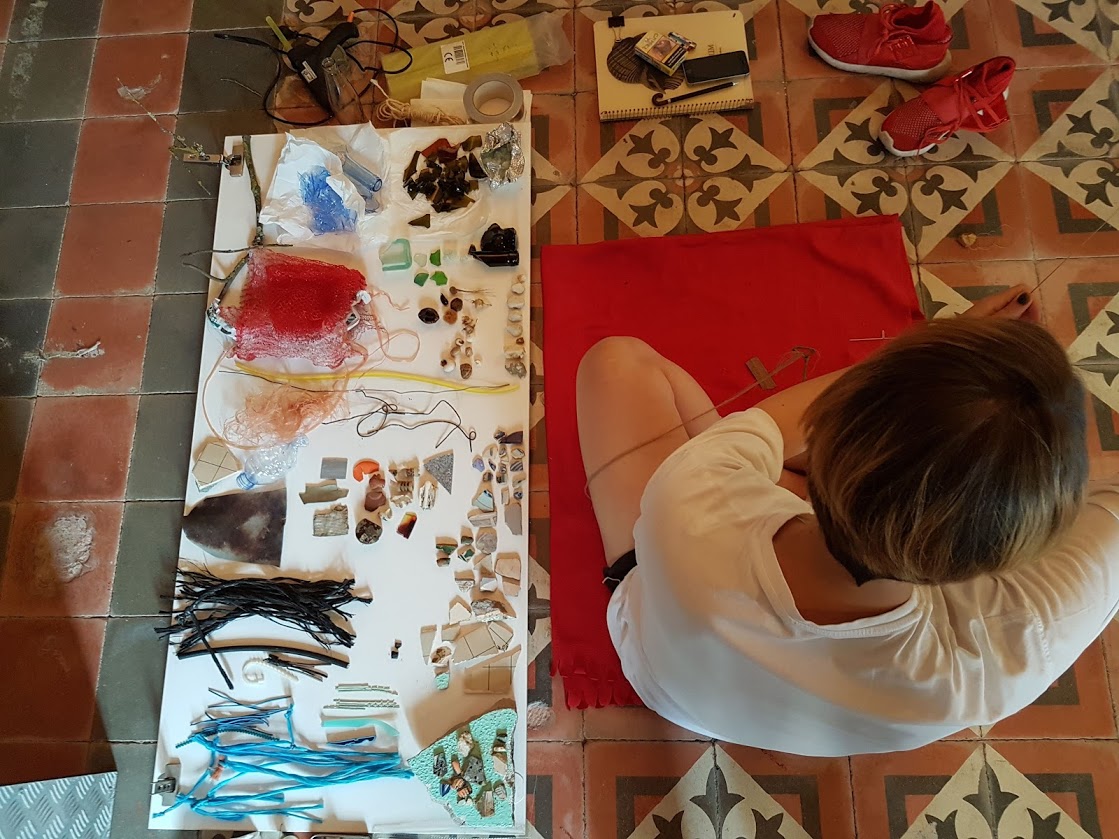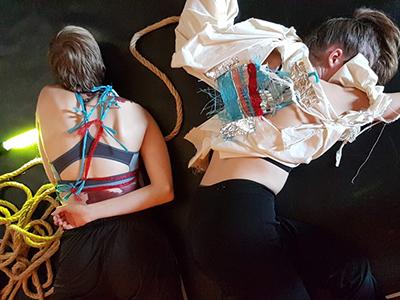Stop shouting! New foundation to promote constructive societal discussion

Constructive societal discussion is a fundamental requirement for democracy and a functioning society, but it has proved difficult to come by in recent years. Therefore, four major societal funders have established a new foundation aimed at moving the discussion culture in Finland in a more constructive direction, reducing the entrenchment of society and increasing people’s participation in society together with other parties interested in dialogue.
“We are concerned about the polarisation of society and the tensions increasing within it. The ability and will to engage in constructive discussion are increasingly important so that we can understand each other in spite of our different backgrounds,” says Antti Arjava, Vice Chair of the Board of Directors of the Timeout Foundation.
Underlying the foundation is the work carried out by Sitra between 2016 and –2019 to develop and disseminate the Timeout operating model. Timeout emerged from observing that societal discussion had become overheated, the democratic system was in need of reform and there was a growing need for dialogue in a complex world. Timeout is a way of engaging in constructive societal discussion so that people from different backgrounds can be equally involved and those who are often left out of discussions are included.
The new foundation will continue and further develop Sitra’s work and unite organisations already engaged in dialogue in Finland so that expertise in dialogue spreads as far as possible.
– It has been great to see how much demand for Timeout there has been in Finland; already, more than 100 organisations have adopted Timeout, and more than 6,500 people around Finland have taken part in Timeout discussions, says Janne Kareinen, who was head of the Timeout work at Sitra.
– With the new foundation, completely new kinds of opportunities will emerge, and the Timeout work will only become stronger.
Laura Arikka will begin in the position of the foundation’s Executive Director on 1 June 2019. Arikka has previously worked as an expert in human rights and co–operation with the Evangelical Lutheran Church of Finland. She was a member of the Timeout developer team and has continued as a Timeout mentor.
– It is great to be involved in leading Timeout forward! I have seen several times how the method works, and seen that discussion is worthwhile. Joint encounters have touched people who are very different from one another. Finland’s social peace will strengthen through dialogue, says Laura Arikka.
Why did the founding members get involved in establishing the Timeout Foundation?
Jenny and Antti Wihuri Foundation
“One of the purposes of the Jenny and Antti Wihuri Foundation is to accelerate discussion on current societal topics. By getting involved in establishing the Timeout Foundation, we are assuming a broader point of view and building the foundation for the realisation of the objective – without dialogue skills, after all, there is no discussion or the discussion is not constructive.” (Arto Mäenmaa, Executive Director of the Jenny and Antti Wihuri Foundation.)
Sitra
“Sitra is extremely delighted that the leading foundations in Finland are jointly supporting the continuation of the work that got off to a fine start with the Timeout project. Constructive societal discussion has an impact on the democracy, trust and resilience of our society.” (Paula Laine, Director for Foresight, Insight and Strategy at Sitra.)
Finnish Cultural Foundation
“For the Finnish Cultural Foundation, national unity and joint responsibility are values that we want to support. Unity does not mean unanimity; on the contrary, it means the ability to accept differences in opinion and solve them constructively, looking for compromises. It is essential to create events in which people can talk face –to –face and understand the factors underlying their differences of opinion. That is what Timeout aims at. In these events, the aim is not to find immediate solutions to problems, but to create an atmosphere in which it is generally easier to conciliate different points of view. Such an objective is excellently suited to the Finnish Cultural Foundation, representing its hundreds of thousands of donors and avoiding taking a stand on political questions.” (Antti Arjava, Secretary General of the Finnish Cultural Foundation.)
Swedish Cultural Foundation in Finland
“One of the most important goals of the Swedish Cultural Foundation in Finland is to boldly contribute to creating an open and inclusive society in which everyone has the right to be a Finn. We believe that with the help of Timeout, Finland on the whole is taking a step in the right direction. The concept has impressed us, and we are satisfied with being able to contribute to disseminating it across the entire country – in several languages.” (Sören Lillkung, Executive Director of the Swedish Cultural Foundation in Finland and member of the Board of the Timeout Foundation.)
Contact details:
Paula Laine, Chair of the Board of Directors of the Timeout Foundation; Director, Foresight, Insight and Strategy at Sitra
Tel. +358 (0)29 618 487 paula.laine@sitra.fi
